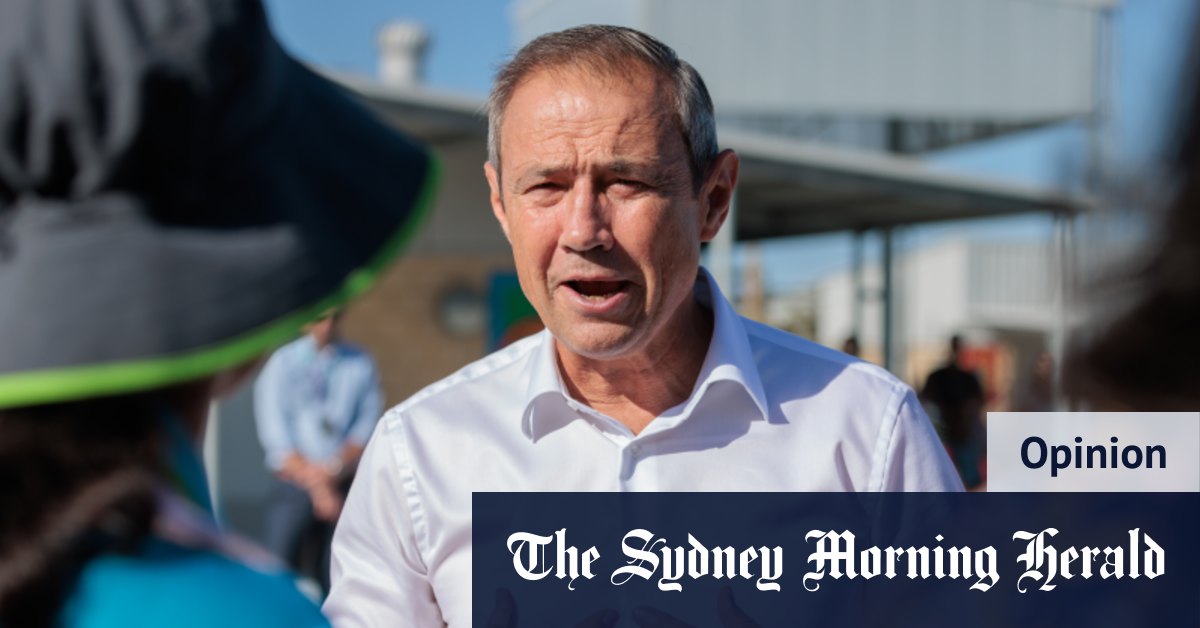Australia
If voters’ hip-pockets are empty, why is Labor making them wait until next year for relief?

Political Divide on Public Transport Costs in Western Australia
The debate over public transport costs in Western Australia has taken center stage in the lead-up to the state election, with clear divisions emerging among the major political parties. The Nationals and Liberals have refrained from explicitly stating whether they support reducing public transport fares, leaving voters uncertain about their stance on this critical cost-of-living issue. On the other hand, the Greens have been vocal about their intentions to use their potential balance of power in the upper house next term to advocate for free public transport. This positions the Greens as a key player in shaping the future of transportation affordability in the state.
For its part, the Labor Party has made several "cost of living-busting" commitments, though these pledges come with delayed implementation timelines. One such promise is to halve regional transport fares on TransWA services, a move aimed at alleviating financial pressures on residents in regional areas. However, like their stance on public transport fares, the Nationals and Liberals have not provided a clear position on this issue, leaving many to question their priorities for addressing the cost of living.
Labor’s Commitment to Student Assistance Payments
In addition to their transport-related pledges, the Labor government has announced an extension of student assistance payments, a move that underscores their focus on education affordability. Under this initiative, primary school students will receive $150, while secondary students will get $250 to help cover education-related expenses. This announcement was made jointly by Premier Mark McGowan, Treasurer Rita Saffioti, and Taryn, a local advocate, highlighting the government’s efforts to support families amid rising living costs.
Treasurer Rita Saffioti defended the initiative against critics who accused the government of using it as a vote-buying tactic. Saffioti emphasized that making this payment an election commitment provides clarity for voters, demonstrating that WA Labor is committed to delivering tangible financial relief. She also criticized the Liberal and National parties for failing to support the measure, suggesting that their opposition reflects a lack of priority for addressing the cost of living.
The Greens’ Push for Free Public Transport
The Greens have emerged as a formidable force in the push for affordable public transport, leveraging their potential influence in the upper house to advocate for free services. This move aligns with their broader platform of addressing economic inequality and reducing the financial burden on commuters. By positioning themselves as champions of affordable transportation, the Greens are attempting to differentiate themselves from the major parties and capture the votes of those disillusioned with the status quo.
The Greens’ proposal for free public transport is part of a larger strategy to use their balance of power in the upper house to push for progressive policies. If successful, this could set a precedent for other states and territories to follow, making Western Australia a trailblazer in the effort to make public transport more accessible and equitable.
Economic Context and the Timing of Election Commitments
The political debate over cost-of-living measures is unfolding against a backdrop of improving economic conditions. Inflation, though still a concern, is showing signs of easing, and the premier has called for a rate cut to further alleviate financial pressures on households. The Commonwealth government, meanwhile, claims to be on track for a "soft landing," suggesting that the worst of the economic downturn may be behind us.
By the time many of these election commitments are set to take effect, state and federal Labor governments hope that economic conditions will have significantly improved. This raises questions about the timing of these measures and whether they will still be necessary when they are eventually rolled out. Nevertheless, the announcements serve as a clear signal of the government’s priorities and its commitment to addressing the financial challenges faced by Western Australians.
In conclusion, the debate over public transport costs and education assistance payments reflects the broader political landscape in Western Australia, with each party staking out its position on how best to address the cost of living. As the election approaches, voters will have to weigh these commitments carefully and decide which party’s vision aligns most closely with their needs and priorities.